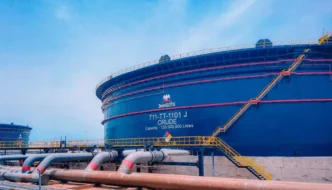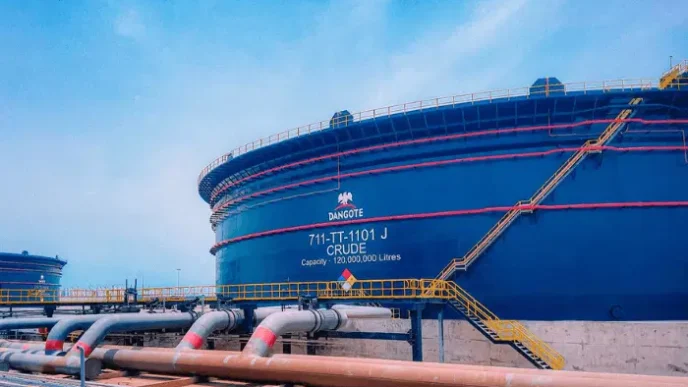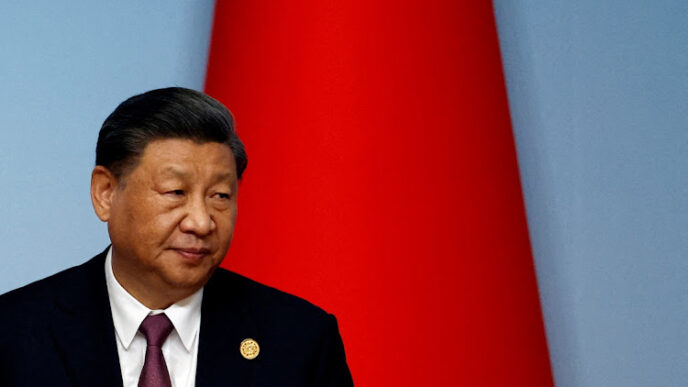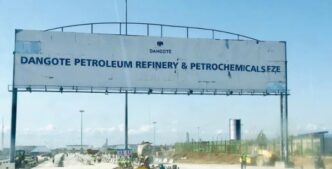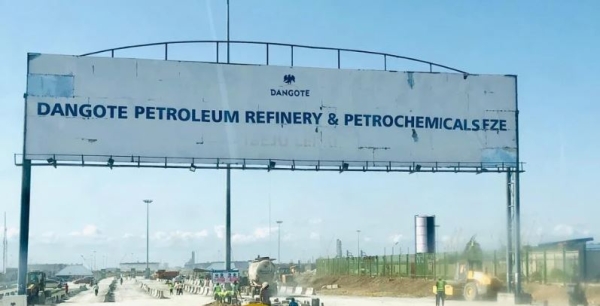The Organization of the Petroleum Exporting Countries (OPEC) has highlighted the significant impact of the Dangote Petroleum Refinery on the global Premium Motor Spirit (PMS) market, particularly in Europe.
The 650,000-barrel-per-day refinery, which began operations in January 2024, marked a turning point for Nigeria, transitioning the country from heavy reliance on fuel imports to a key player in petroleum exports.
According to OPEC’s latest report, the refinery’s gasoline exports have shifted market dynamics, reducing Europe’s hold on Nigeria’s fuel supply.
“The operational ramp-up at Nigeria’s Dangote refinery and its gasoline exports to international markets are likely to put further pressure on the European gasoline market,” the report noted.
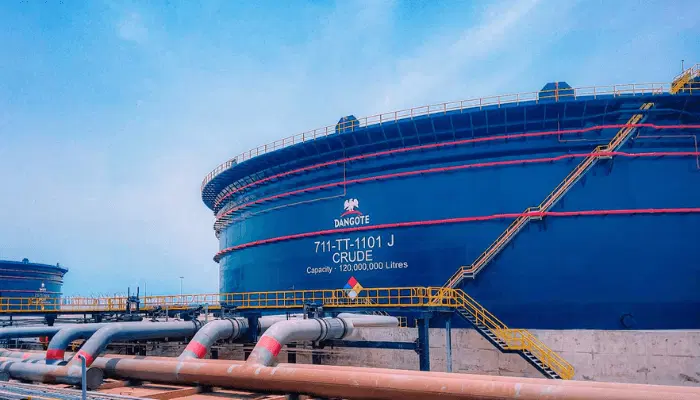
Moreover, OPEC emphasized how this development is expected to free up surplus gasoline volumes in international markets, forcing adjustments in supply flows and destinations.
In addition to its influence on the global market, the Dangote Refinery has also positively impacted Nigeria’s economy.
OPEC observed a decline in the country’s petroleum product imports during the last quarter of 2024, improving its external sector outlook.
The $20 billion refinery is among the world’s largest and outpaces Europe’s top refineries, such as Shell’s Pernis facility in the Netherlands, with its impressive 650,000-barrel-per-day capacity.
Meanwhile, Nigeria’s crude oil production also saw modest growth, with daily output averaging 1.507 million barrels per day (bpd) in December 2024, based on secondary sources.
This figure represented a 12,000 bpd increase from November’s output of 1.477 million bpd.
However, data from the Nigerian Upstream Petroleum Regulatory Commission placed the December figure slightly lower at 1.485 million bpd.
OPEC’s report further cautioned about potential challenges in the global gasoline market, as rising refinery outputs could contribute to bearish market sentiments.
Despite this, the Dangote Refinery’s influence highlights Nigeria’s evolving role in the global energy landscape.
However, with its capacity to produce gasoline, diesel, and aviation fuel for export, the refinery not only bolsters Nigeria’s economic stability but also sets the stage for increased self-sufficiency.
OPEC acknowledged, “The continued gasoline production in Nigeria, a country previously dependent on imports to meet domestic fuel needs, is expected to free up gasoline volumes in international markets.”






